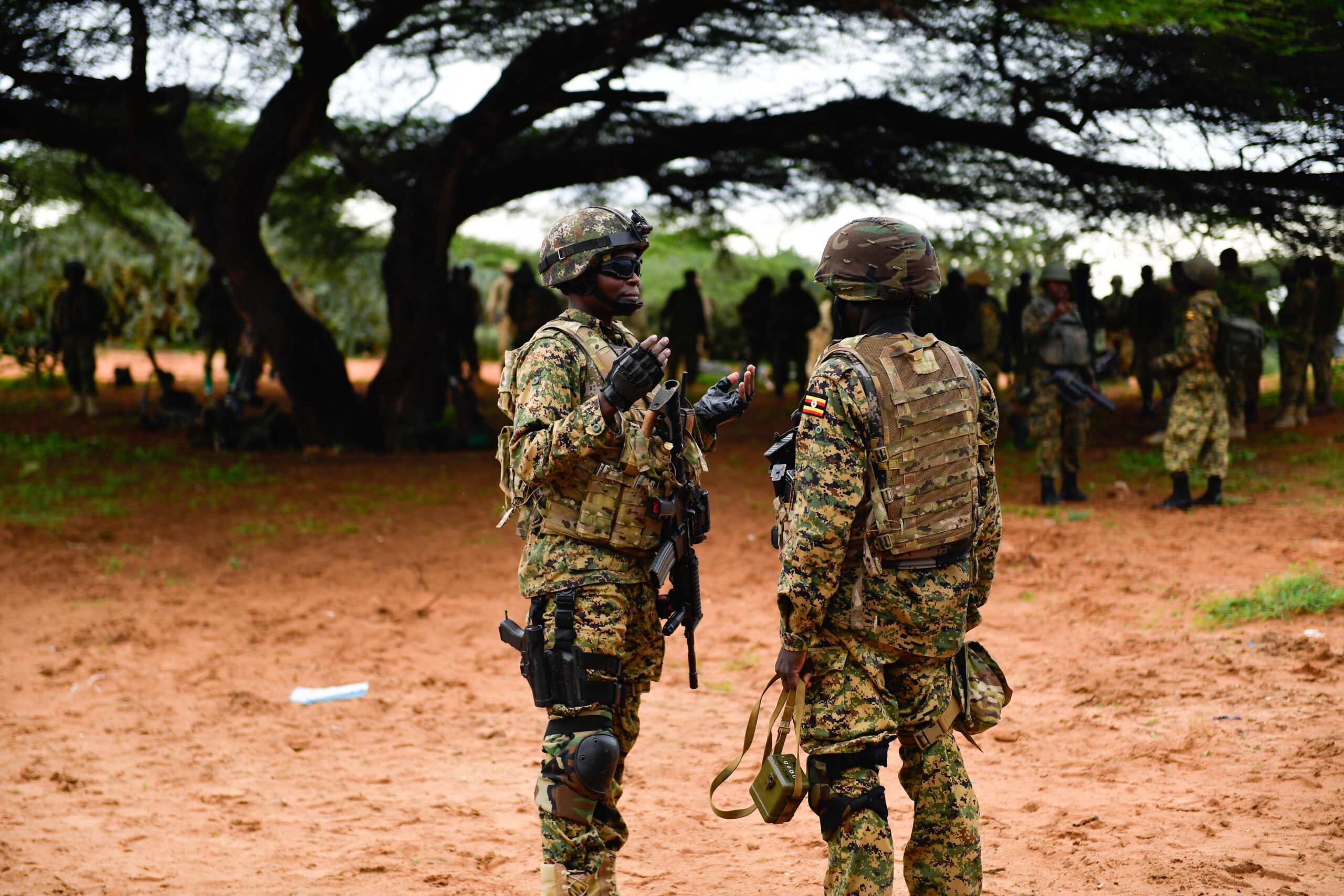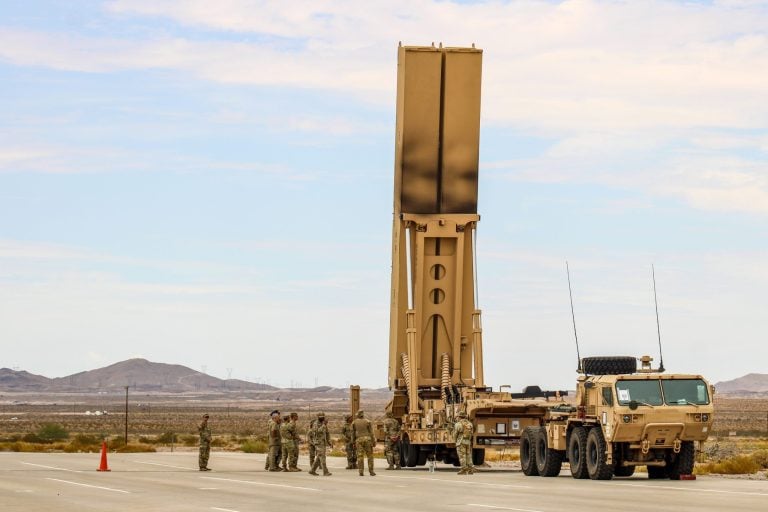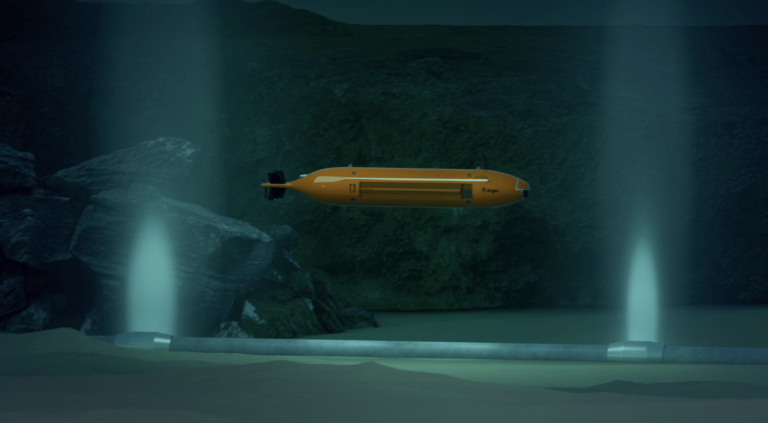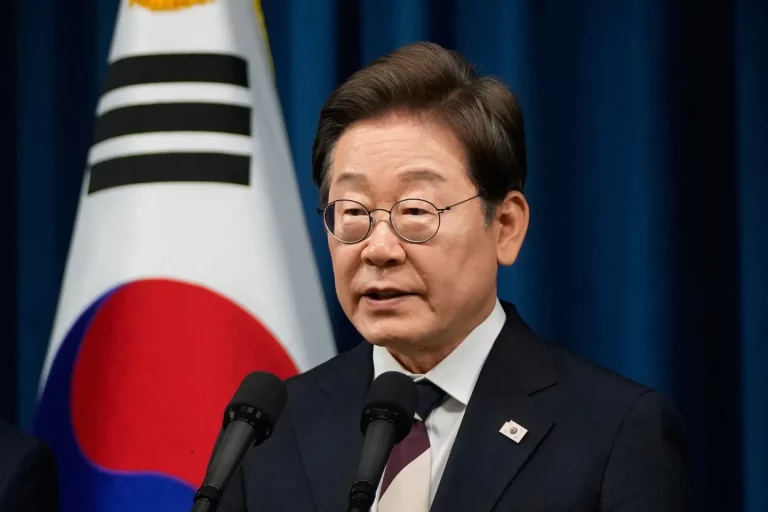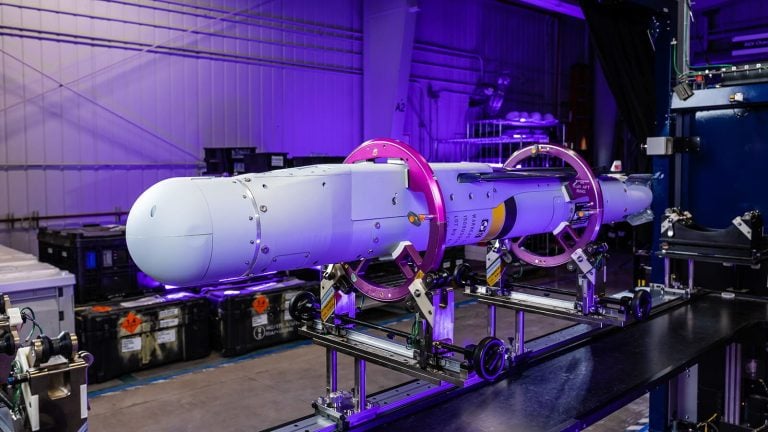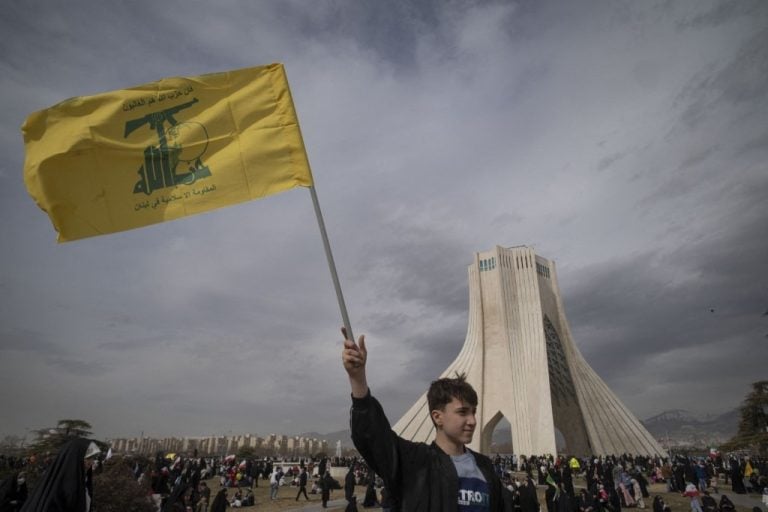Uganda’s military has confirmed the deployment of troops to the town of Bunia in the eastern Democratic Republic of Congo, as part of a strategy to combat local militia groups amidst a backdrop of escalating violence. The decision comes in response to the advancing M23 armed group, which is reportedly backed by Rwanda, as it continues to seize territory in the neighboring North and South Kivu provinces.
Military spokesman Felix Kulayigye emphasized the urgency of the situation, stating, “We have deployed our troops in Bunia. There were massacres being committed by some militia groups, and we agreed with our Congolese counterparts to carry out joint operations to save lives.” This deployment also builds upon Uganda’s existing military presence in Ituri province, where thousands of Ugandan troops have been actively collaborating with DRC forces to address threats from the Islamist group known as the Allied Democratic Forces, which has links to the Islamic State group.
However, the complexities surrounding the region’s conflicts are further compounded by allegations against Uganda. UN experts and various observers have accused the Ugandan government of undermining DRC’s stability by supporting the M23 and playing a role in exploiting valuable mining resources in the area. Uganda has categorically dismissed these claims, insisting they are unfounded.
In a show of strength, the head of Uganda’s armed forces, Muhoozi Kainerugaba, made a bold declaration on social media over the weekend, threatening to initiate military action against the militias in Bunia unless they surrendered. “I’m giving exactly 24 hours for all forces in Bunia to surrender their arms! If they don’t, we shall consider them enemies and attack them,” he wrote on X. Kainerugaba, known for his provocation on various social media platforms, has previously made controversial remarks regarding potential military actions against neighboring countries, including Kenya and Sudan.
The deteriorating security situation has raised alarms among analysts, who draw parallels between the current climate and the events leading up to the Second Congo War in 1998. During that conflict, Uganda and Rwanda’s support for various rebel factions contributed to a devastating war that involved multiple African nations, resulting in millions of deaths due to violence, disease, and famine.
The global community remains watchful as Uganda’s military operations unfold in Bunia, with hopes that the interventions will stabilize the region and prevent a repeat of the catastrophic cycles of conflict that have marred the Great Lakes region in the past.
